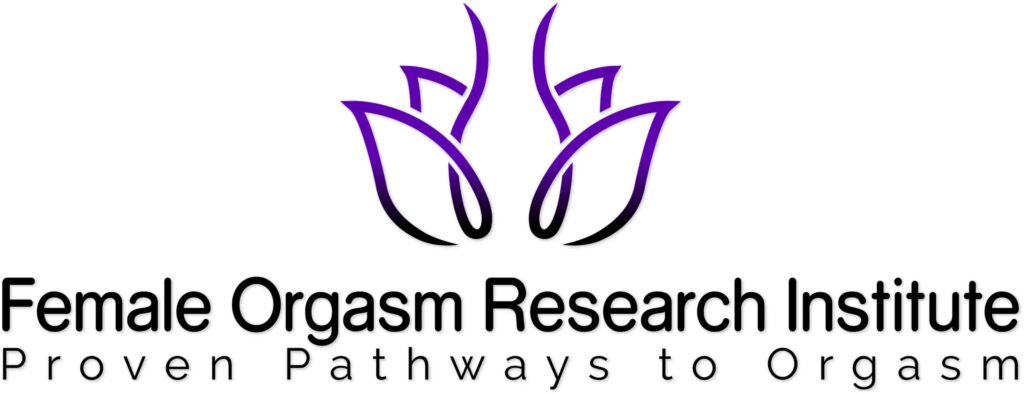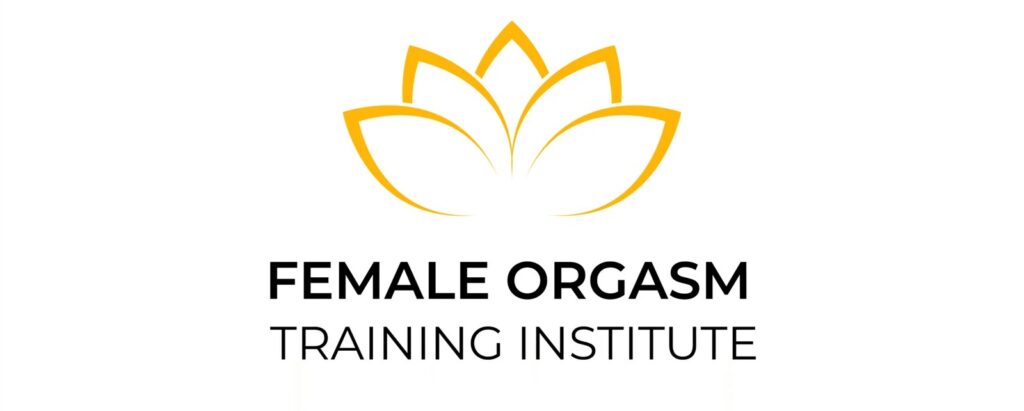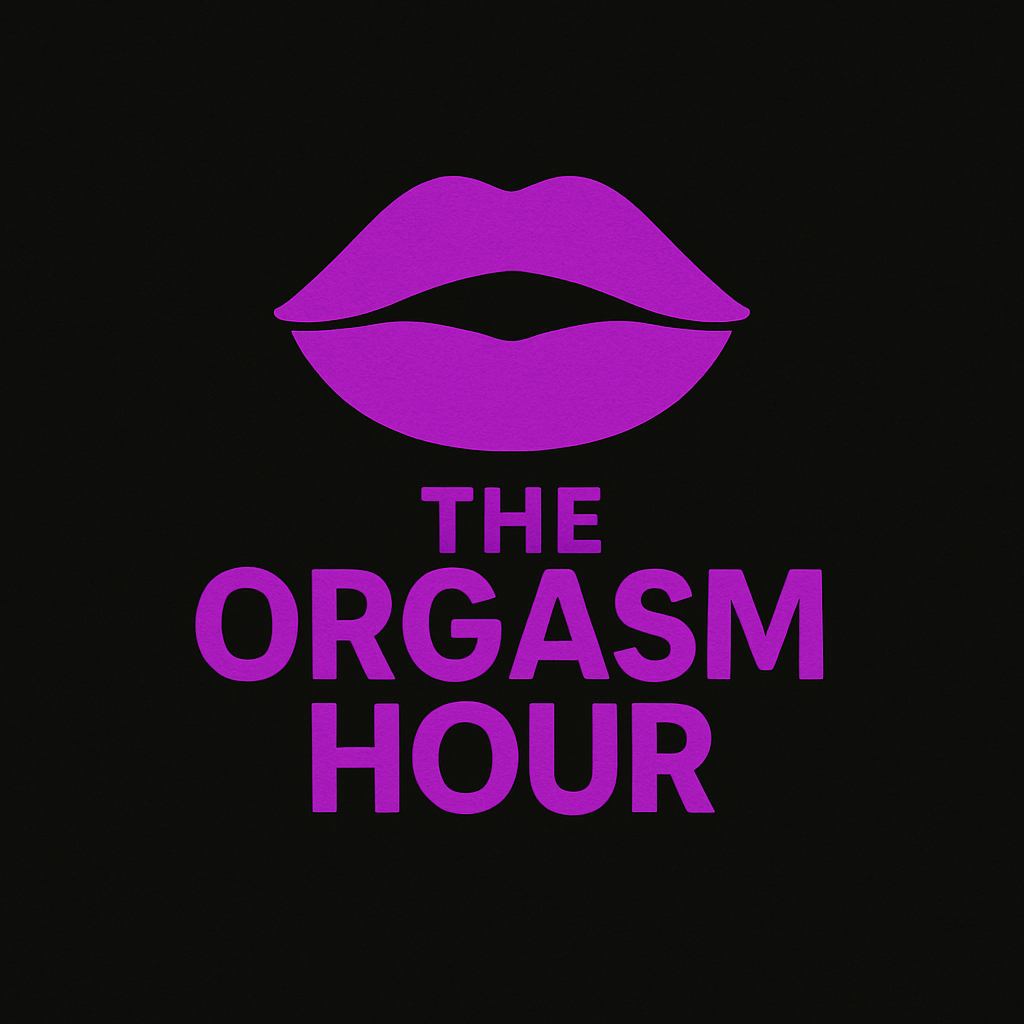It’s Time to Recognize Female Orgasm Difficulty as a Qualifying Condition for Medical Cannabis
50 years of research reveals that cannabis has been proven to help women overcome orgasm difficulty.
Millions of women silently suffer with orgasm difficulty. A serious and underrecognized health condition affecting nearly half of the female population worldwide.
Empowering Pleasure with Medical Cannabis
With over 50 years of scientific research supporting cannabis as a treatment, we are advocating to add Female Orgasm Difficulty/Disorder as a qualifying condition for medical cannabis so women can finally access the healing they need.
Our Impact in Numbers
See how we’re making a difference through measurable results
12
States Petitioned
2
Approved
5
Denied
Testimonials
Trusted by Women Nationwide
“I am diabetic and I have neuropathy. Orgasming was difficult because I lost a lot of sensation. I got a medical cannabis prescription last year for my neuropathy and in a one-off situation, my partner and I used cannabis before partnered sex and I noticed heightened sensation. It was not instantaneous, but after a while cannabis made it easier for me to orgasm.”
“I had a large ovarian cyst removed and couldn’t orgasm for maybe four years until I started using cannabis again. I wish more women were open to the idea of using cannabis because cannabis changed my life.”
“I used to have triggers from previous sexual trauma. When I use cannabis, I can focus and be present and enjoy the experience without being anxious. I do not have these triggers anymore.”
“I have greatly benefitted from cannabis for improved sexual pleasure, especially after my radical hysterectomy for cervical cancer. I appreciate your work and believe in it!"
“I was raped when I was 17 and I knew something was wrong because I could not orgasm from solo or partnered sex. My partner introduced me to cannabis and I orgasmed the first time I used it. We use cannabis now every time before sex.”
“Before using cannabis, I almost never orgasmed without it.”
“Three surgeries changed the shape of my vagina and I lost my ability to orgasm for 2.5 years. After a ‘trial and error’ period of six months to one year of using cannabis before sex, my orgasm returned.”

The Women’s Cannabis Project is an initiative of the Female Orgasm Research Institute, a nonprofit advancing science, healing, and policy for women’s sexual health.

We also collaborate with the Female Orgasm Training Institute, our affiliated for-profit organization offering therapeutic education and professional training to support women in healing orgasm difficulty.
The Orgasm Hour Podcast
Get inspired by industry experts. Never miss an episode! Follow us on your favorite podcast platforms.

Frequently Asked Questions
Got Questions? We’ve Got Answers
The Women’s Cannabis Project was founded by Suzanne Mulvehill, PhD, a clinical sexologist, orgasmologist, and global advocate for advancing women’s health. Her work focuses on the therapeutic use of cannabis to access altered states of consciousness that can help rewire the brain, calm thoughts and emotional reactivity, and support healing from orgasm difficulty.
Dr. Mulvehill is the founder of the Female Orgasm Research Institute, the director of the Female Orgasm Training Institute, and host of The Orgasm Hour podcast—where science, healing, and pleasure come together in bold new conversations. She leads international efforts to shift public policy, expand access to treatment, and reimagine what’s possible in women’s health.
The Women’s Cannabis Project is a policy and public health initiative working to legitimize cannabis as a therapeutic option for female orgasmic difficulty and disorder (FOD). We educate lawmakers, submit petitions to state governments, and advocate for the inclusion of FOD as a qualifying condition for medical cannabis.
FOD affects millions of women and is linked to significantly higher rates of mental health challenges, including 52.6% more PTSD, 29% more depression, 13% more anxiety, and 22% more prescription drug use compared to women without orgasm difficulty ( Mulvehill & Tishler,2024 ).
The Women’s Cannabis Project exists to change that—by advancing research, transforming access, and addressing one of the most neglected public health issues facing women today.
Women’s Cannabis Project officially launched in September 2023.
Female orgasmic disorder/difficulty (FOD) is one of the most common yet least treated health conditions affecting women today, linked to significantly higher rates of PTSD, depression, anxiety, and prescription drug use (Mulvehill & Tishler, 2024). According to the national diagnostic standards, orgasm difficulty among premenopausal women has increased by 71% in recent years—yet no prescription drugs have been approved to treat it, and few therapeutic options exist. In 2024, with the help of volunteers, the Women’s Cannabis Project submitted petitions in 11 U.S. states to recognize FOD as a qualifying condition for medical cannabis. While two states—Connecticut and Illinois—approved it, five states denied the petition, including Ohio, which rejected it twice. This growing momentum—two states approving and five denying—reveals both the progress we have made and the deep disparities that remain. It shows exactly where our work is needed and why it must continue.
The Women’s Cannabis Project has launched a national policy initiative to recognize female orgasmic disorder/difficulty (FOD) as a qualifying condition for medical cannabis. With the help of dedicated volunteers, we submitted petitions in 11 U.S. states in 2024, including Oregon, Maryland, New Mexico, and Pennsylvania. To date, FOD has been approved in Connecticut and Illinois—marking major wins for women’s health.
Despite these successes, five states have denied the petition so far, including Ohio, which rejected it twice. These rejections highlight the deep gaps in understanding and recognition of FOD—underscoring why this work remains urgent and essential.
Beyond policy advocacy, we educate the public through media coverage, online platforms, and podcasting, collaborate with researchers, and provide expert testimony to expand access, visibility, and legitimacy for women experiencing FOD.
There are many ways to support our work—by volunteering, partnering with us, or helping raise funds to advance research and advocacy. To connect, sign up for our research and advocacy newsletter Here or email us at info@femaleorgasmresearch.org